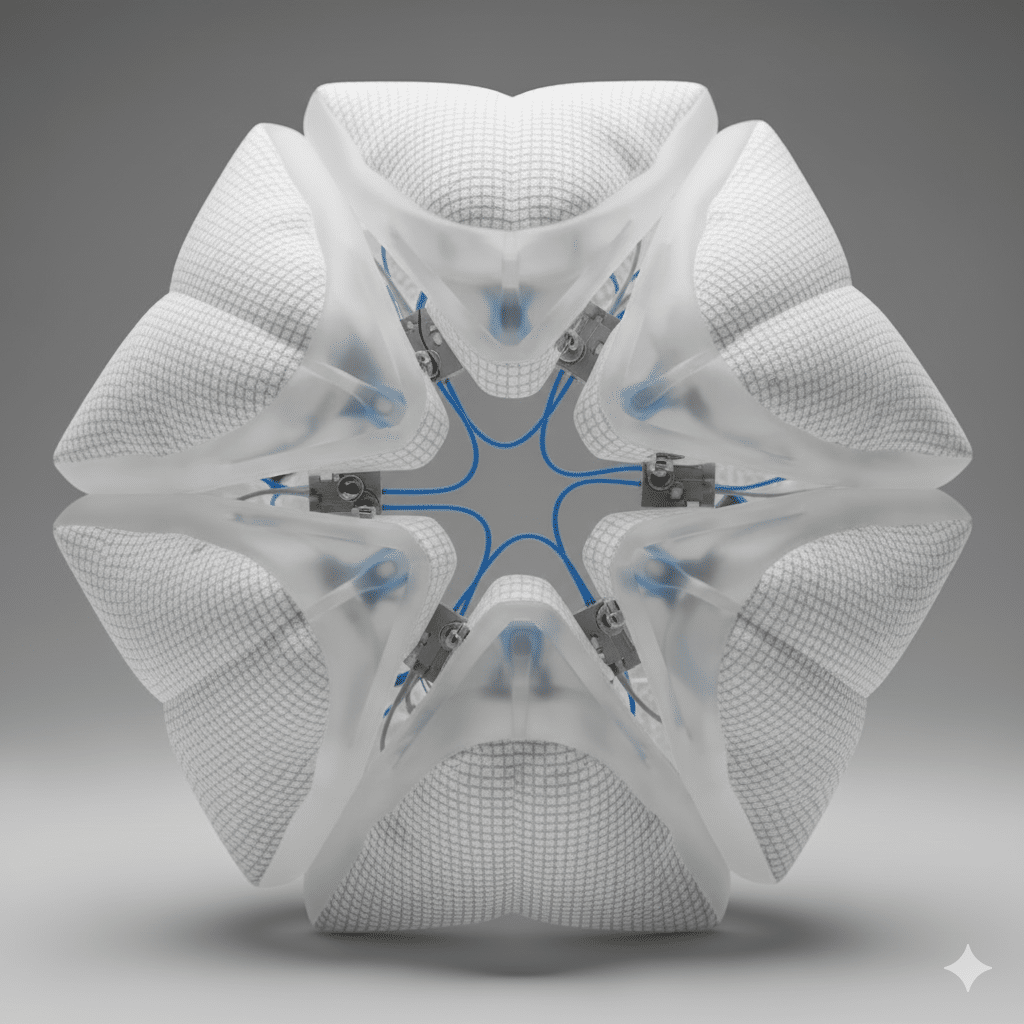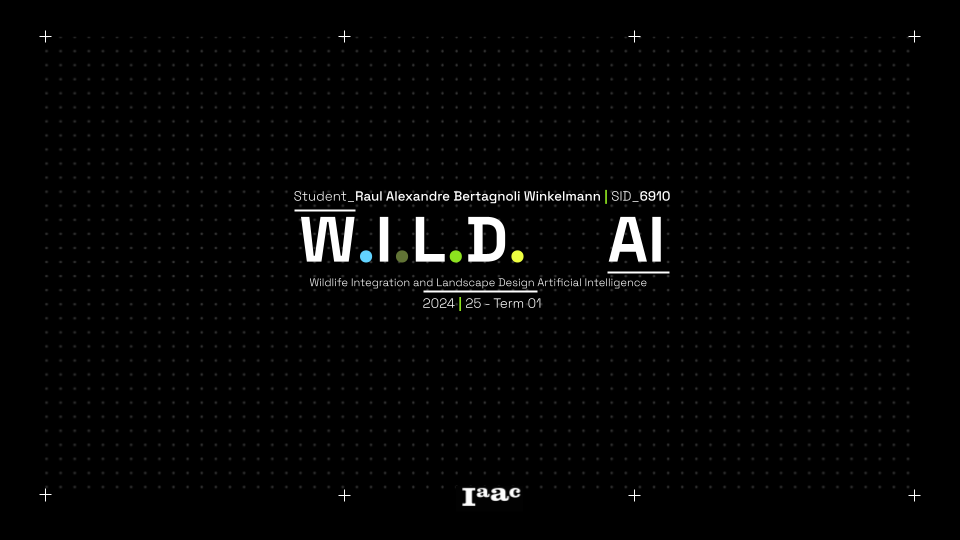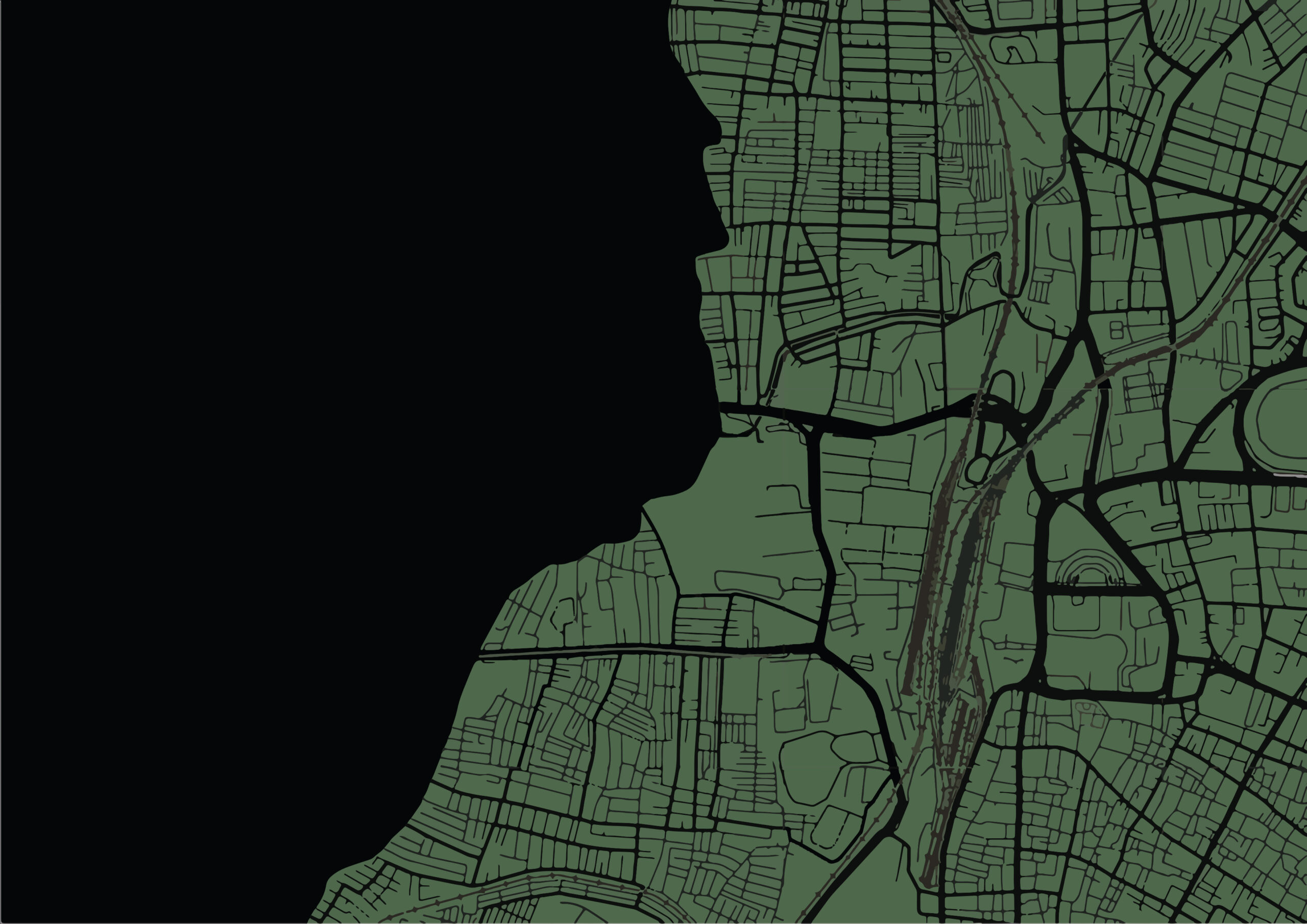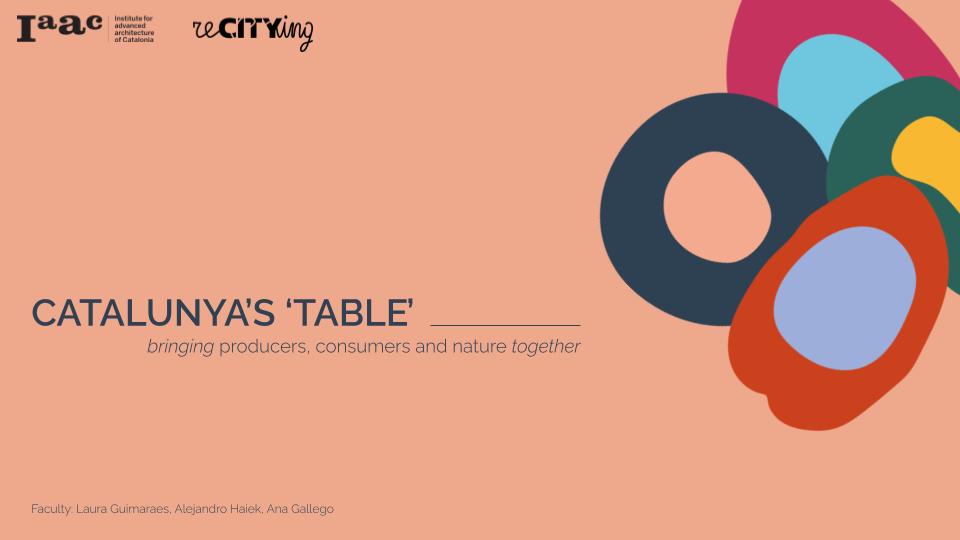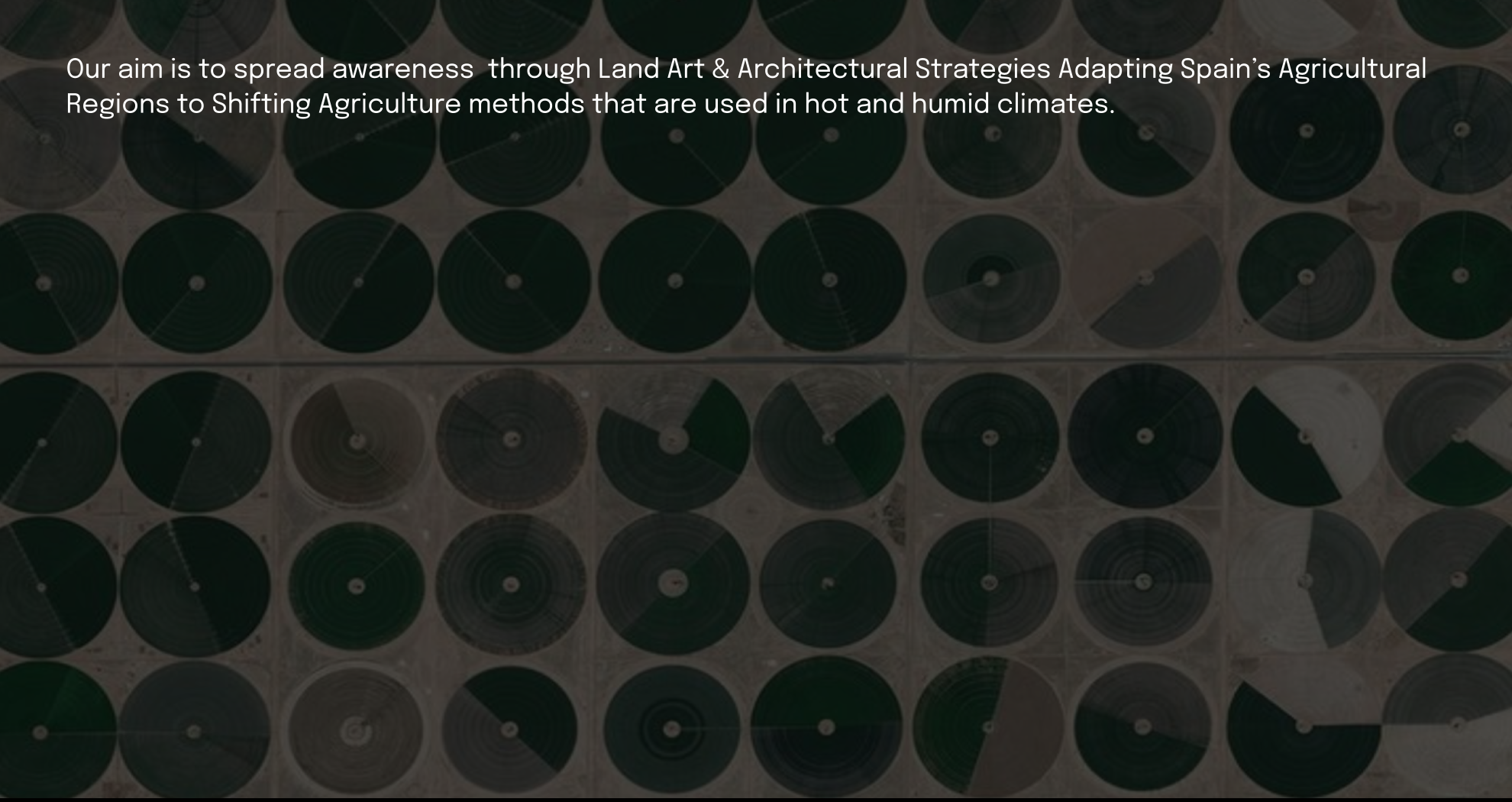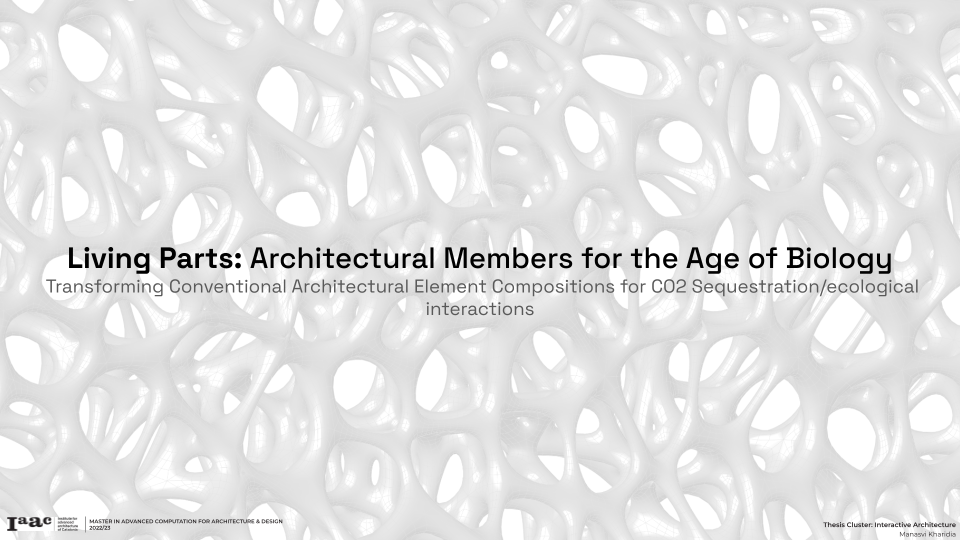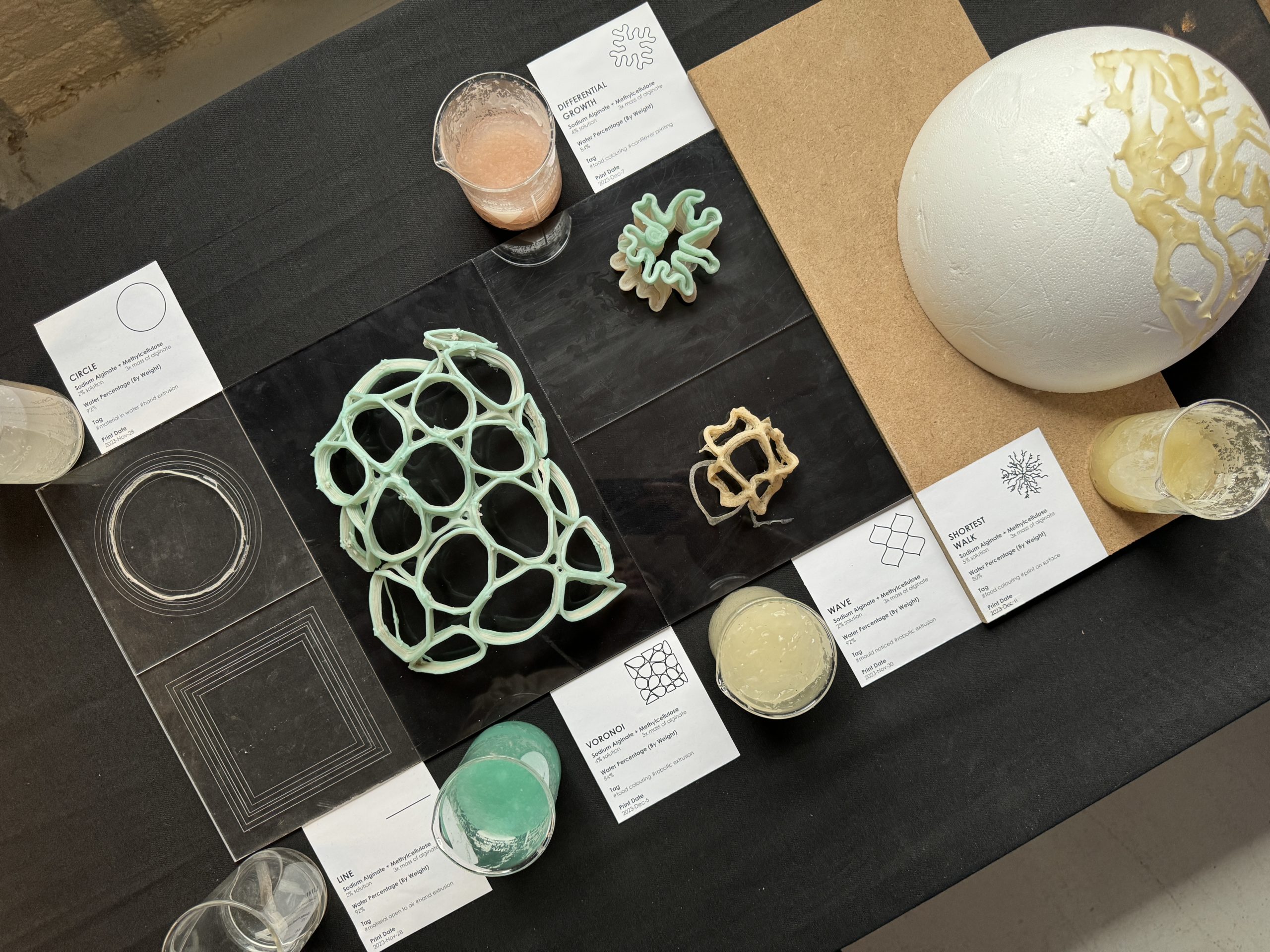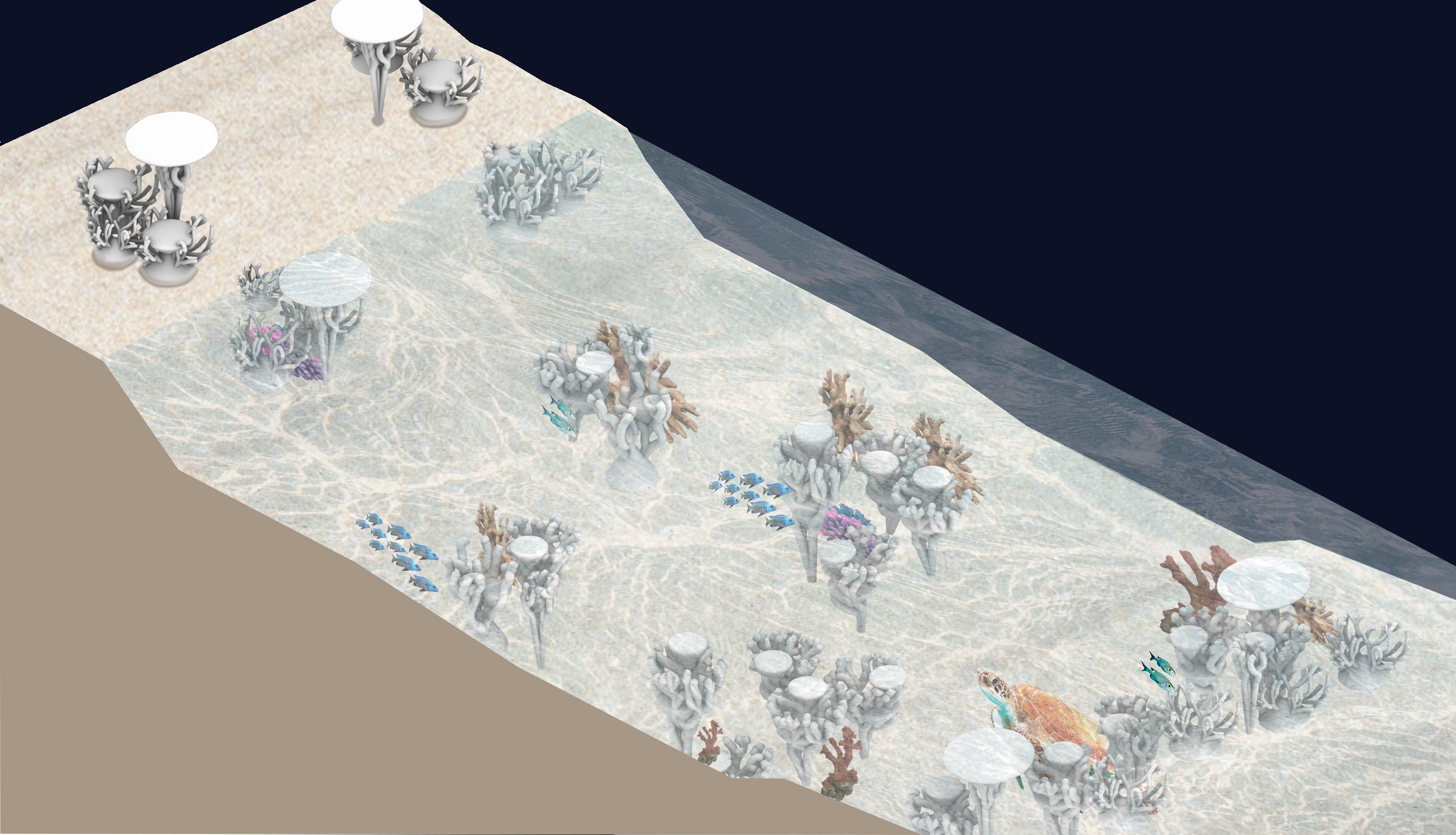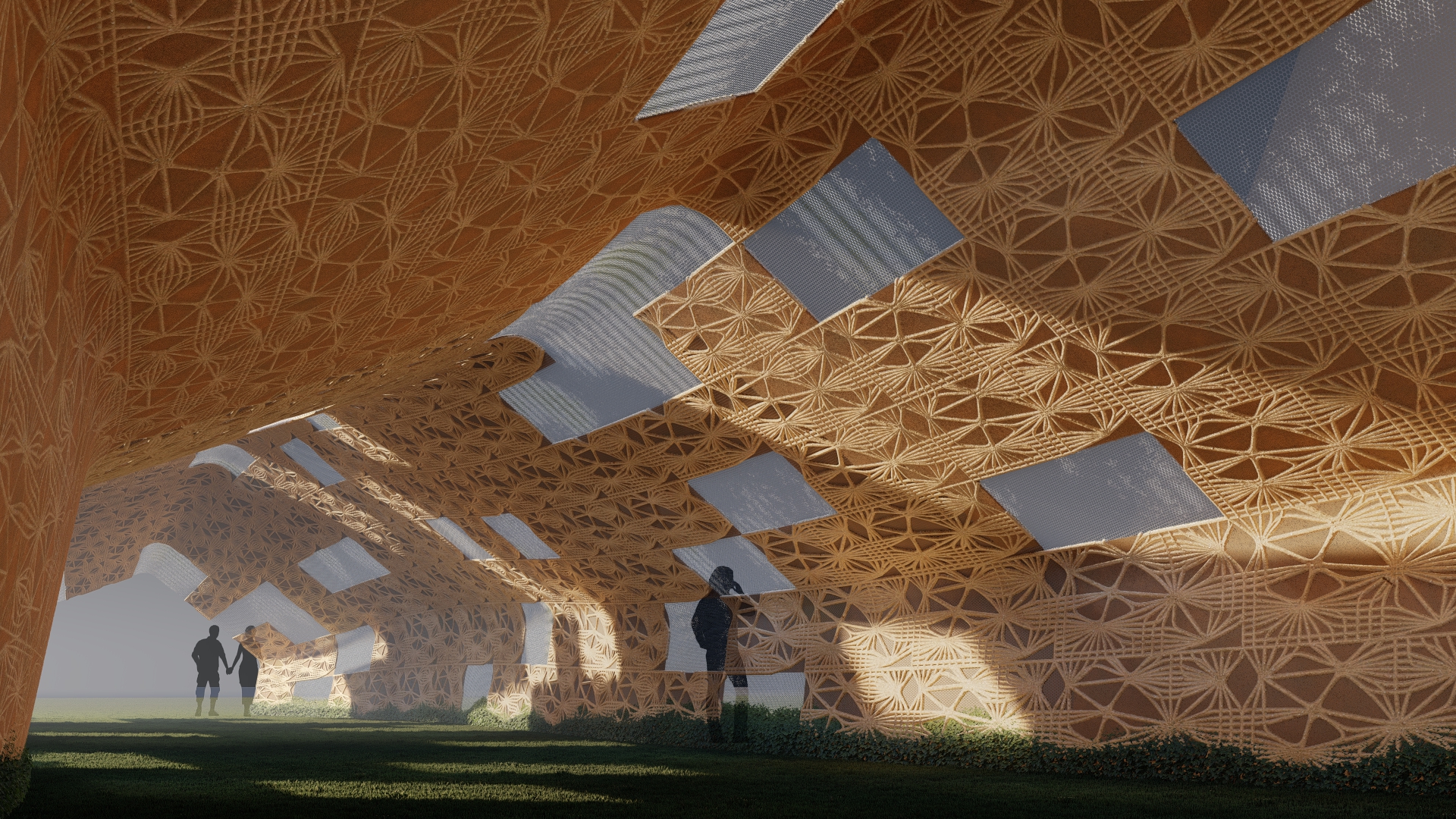During the second year of the Master in Advanced Architecture + Thesis Project (MAA02), students have the unique opportunity to work for a period of 1 year on an Individual Thesis Project, focused on the development of a research or pilot project based on the student’s interest, and the learnings of the first year. IAAC supports the student in selecting their Thesis Project topic in order to better orient them according to their future career interests and opportunities. Each student, according to their specific topic, is assigned one or more Thesis Advisors that follow the development of the work throughout the year.
In parallel to the development of the Individual Thesis Project, the second year of the MAA02 offers a series of seminars enhancing the theoretical, practical and computational skills of the students.
Advanced Manufacturing Cluster – T01
Research Question Context Why Natural Fibers? Possible Impact Typologies State of Art Material Research Methodology Design Workflow
Reconnecting Urban Fragments
“Reimagining Urban Corridors: From Rigid Infrastructure to Inclusive Green Networks” “Urban environments today face critical challenges—population growth, rapid urbanization, and the fragmentation of ecological systems. As cities evolve, their rigid infrastructure often alienates natural systems and creates barriers to inclusivity and sustainability. This thesis focuses on reconceptualizing rigid urban environments by integrating transportation and ecological … Read more
FLOOD RESILIENCE TOOLBOX
FLOOD RESILIENCE TOOLBOX FOR ADAPTIVE URBAN DESIGN IN COASTAL CITIES Flooding is the most frequent natural disaster worldwide. By the report from The OECD (Organization for Economic Co-operation and Development), floods cause more than 38 billion euro in damages worldwide per year. Due to climate change, floods are becoming more extreme and frequent. Coastal areas … Read more
CATALUNYA’s ‘TABLE’
Bringing Producers, Consumers and Nature Together This project aims to connect local food producers, consumers, and nature in a symbolic way. The metaphor of a “table” represents unity and sustenance, gathering people across different genders, ages, and social classes. This installation, built from waste materials and invasive plants like Pontederia Crassipes, doubles as an ecosystem, … Read more
Changing Landscapes
ReCitying is a Workshop hosted by IAAC and Parc Agrari del Baix Llobregat to explore sustainable design and creative recycling in rural spaces. The first phase of the Workshop, in October 2024, focused on developing proposals for an installation using waste from Parc Agrari and planting crops to integrate into the project. We explored initial … Read more
Living Parts: Architectural Members for the Age of Biology
Transforming Conventional Architectural Element Compositions for CO2 Sequestration/ecological interactions Living Parts is a project that tries to bridge the gap between anthropocentric and nature-centric design. As we already know that that the building industry, in the past couple of centuries has caused major harm to the environment with things like producing toxic waste, waste energy, … Read more
Not a Waste: Landfill mine tale
The excessive waste produced in countries worldwide is a grave and unignorable concern. Urbanization contributes to enhanced municipal solid waste generation, harming health and the environment. Landfills, globally emit thousands of tons of methane gas into the air, 30 times more harmful than CO2. Waste is not waste but a resource if managed judiciously. The … Read more
Protected: Hydro Power
There is no excerpt because this is a protected post.
Beyond Corals
The recent climate changes are affecting key elements of our ecosystem such as tropical forest, deserts, and coral reefs. Corals are living organisms, closely related to jellyfish that live in colonies. The size of those colonies can vary, the largest coral reef to date, the great barrier is estimated to stretch over 2300 kilometers. There … Read more
Fibra Terra
Posidonia Oceanica In the Mediterranean, most plant debris is made up of the species Posidonia Oceanica (L.) Delile, asuperior plant that is endemic to this sea. It forms extensive meadows from the shallowest areas of the coast to variable depths, depending on how deep light can penetrate the water to enable photosynthesis to take place. … Read more

